EAC and Germany: The East African Community and the Federal Republic of Germany have signed two Government Agreements, paving the way for the implementation of projects worth US$65 million in the areas of health, digital skills and water resources management. The agreements were signed by EAC Secretary General Dr Peter Mathuki and H.E. Regine Hess, Ambassador of the Federal Republic of Germany to the United Republic of Tanzanian and the EAC.
Amb. Hess who paid a courtesy call on the Secretary General at the EAC Headquarters in Arusha on 17th May, congratulated Dr Mathuki on his assumption of office as new Secretary General at the end of April.
Amb. Hess and Dr Mathuki signed two government agreements on development cooperation. The agreements are the legal basis for the implementation of projects in the areas of health, water resource management and digital skills, worth $65 million (EUR 53.8 million).
In the health sector, the continued cooperation with the Regional Centre of Excellence for Vaccines, Immunization & Health Supply Chain Management, located at the University of Rwanda in Kigali (17 million Dollars), will allow the centre to expand its expertise and reputation, especially in the areas of digitalization in health supply chain management, cold-chain management and quality control/drug safety.
Also under the health sector is the release of additional funds ($30 Million ) for the EAC’s immunization programme with GAVI, the Vaccine Alliance, which will contribute to reducing child morbidity and mortality in the region. The funds will finance the procurement of at least four different types of vaccines (Pentavalent, Rotavirus, Pneumococcal and Measles second dose), to be made available for routine immunization and immunization campaigns for children in all six Partner States of the East African Community.
The Integrated Water Resource Management Programme, which was successfully launched in mid-February 2020 and is implemented by the Lake Victoria Basin Commission (LVBC), an EAC institution, will be stocked up (by $12 million) to finance additional measures to improve water quality and availability through strategic and sustainable management of the Lake Victoria Basin.
In order to strengthen digital skills and innovation in East Africa, the Secretariat and Germany further agreed on the implementation of the project “Digital Skills for an Innovative East African Industry” (dSkills@EA) that builds on the results of the project “Centre of Excellence for ICT in East Africa” (CENIT@EA).
The new phase (USD 6 million) strengthens digital skills of especially young women and men from all six EAC Partner States to strengthen their employability and innovation capacities. Based on a strong industry-academia partnership and regional collaboration, dSkills@EA together with the Inter-University Council for East Africa (IUCEA) will promote innovative digital solutions for the region’s economic development through the Master programme “Embedded and Mobile Systems”, trainings and innovation transfer and entrepreneurship.
Ambassador Hess underscored Germany’s commitment to remain one of the leading partners to the region.
“We can look back to over 20 years of successful cooperation with the EAC Secretariat. We are committed to continue this cooperation in key areas such as health, trade and economic infrastructure; and technical and vocational education and training under your new leadership of the EAC Secretariat, Hon. Secretary General Mathuki,” said Amb. Hess.”
See Also >> Danish Investment in AGF Expands to $72 Million
She expressed her appreciation, that the cooperation particularly supports the youth in the region. With a view to the current Covid-19 pandemic, that also hit hard Eastern Africa, Ambassador Hess promised that Germany will commit additional funds of up to US$6.6 million for pandemic preparedness and response in 2021, to be implemented through existing EAC-German programmes on pandemic preparedness, economic integration and digital skills.
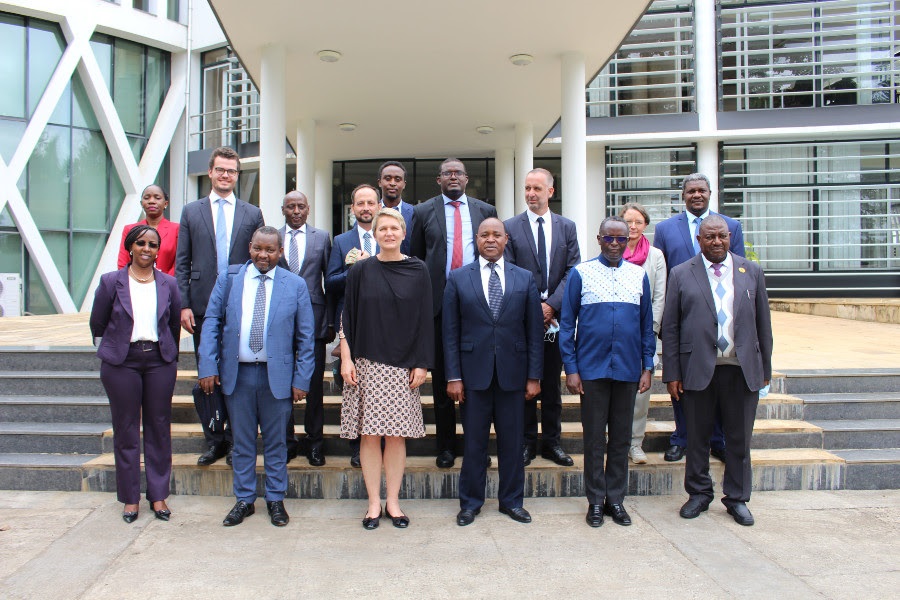
“The EAC and the Federal Republic of Germany have enjoyed a long-standing partnership since the EAC inception. Over the last 22 years, commitments from the German government amounting to over 516.88 million Euros to programmes and projects aimed at advancing EAC integration, specifically focusing on economic and social integration,” said Dr Mathuki.
The Secretary General said that the EAC was well on course with the implementation of the Customs Union, Common Market, Monetary Union and the Political Federation.
“In establishing the Monetary Union, we will borrow a lot from the EU especially on how it set up the Eurozone and its experience with a single currency. We intend to benchmark with the best as far as the Monetary Union is concerned,” said Dr Mathuki.

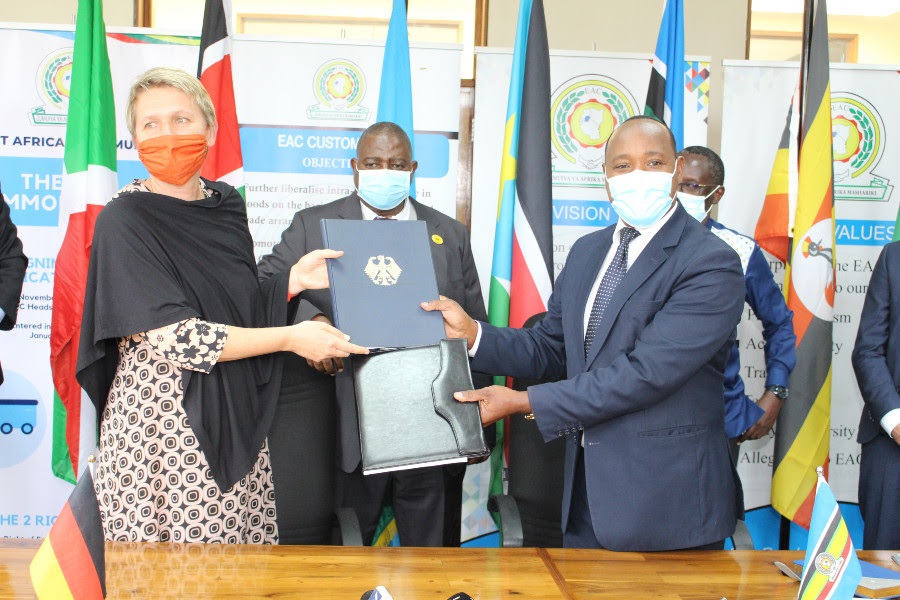
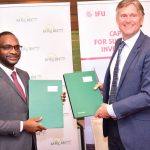





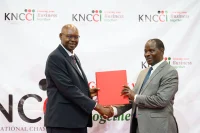


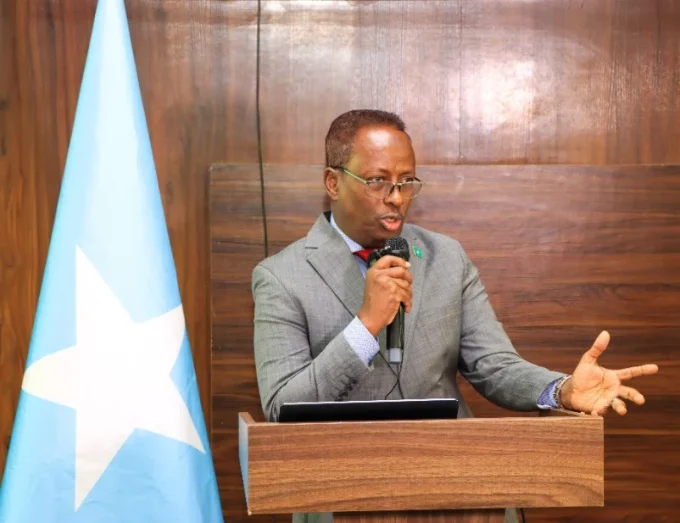
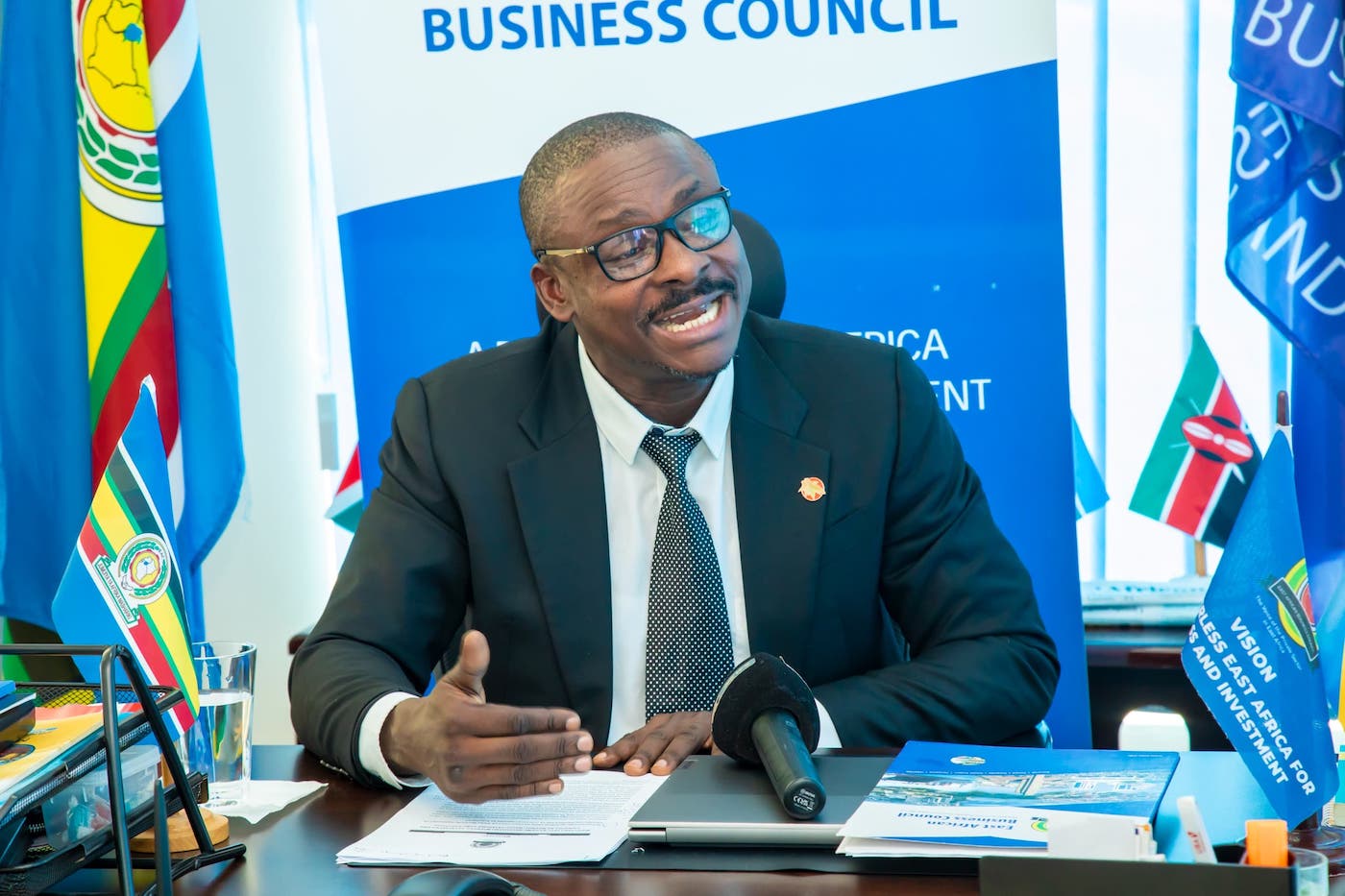
Leave a comment